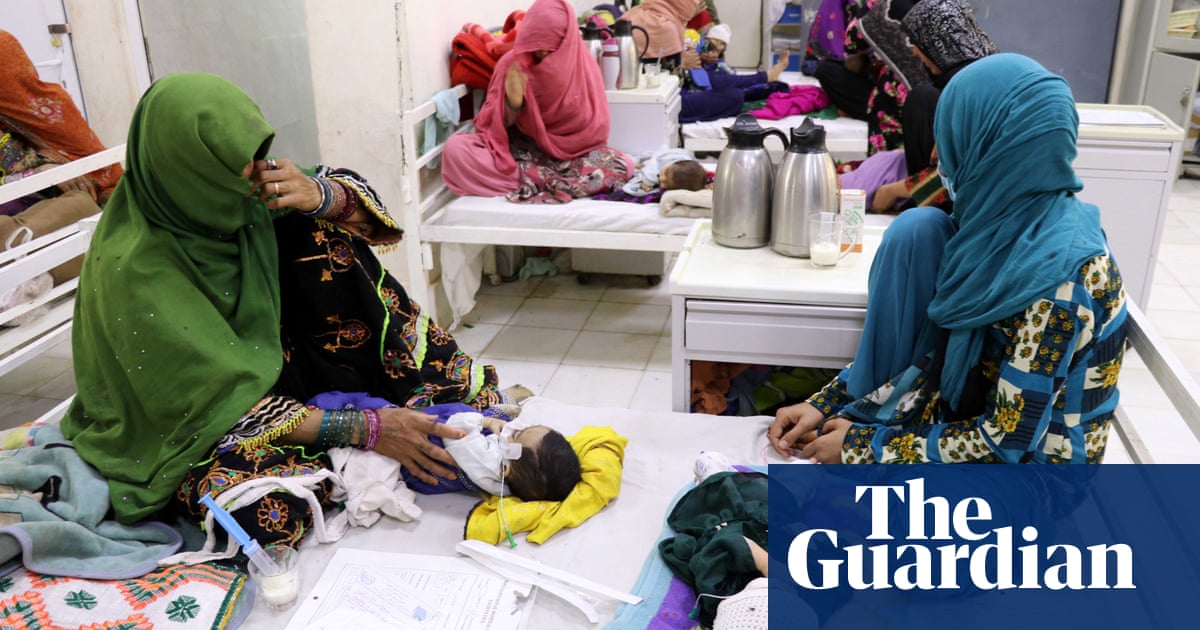
Many children are facing their “most dangerous Christmas yet” as uncertainty over Covid and the cumulative pressures of the pandemic heighten internal family tensions, the NSPCC has warned.
The charity’s chief executive, Peter Wanless, said a “toxic cocktail” of accumulating financial pressures, disrupted festive plans and strained relationships threatened to create unsafe environments for some children and young people.
“We know that in a normal year, Christmas can be a tense and difficult time for children, but this year there’s an extra toxic cocktail of facts and uncertainties that place many children in a difficult situation,” Wanless told the Observer.
“It’s going to be a pretty miserable Christmas for many children and a dangerous one for some – potentially the most dangerous yet.”
Wanless also urged people not to shy away from contacting the authorities in the wake of the two recent shocking cases where a toddler and a young child were killed despite social services being repeatedly informed both were in danger.
Earlier this month, details emerged of the murder of six-year-old Arthur Labinjo-Hughes from Solihull, West Midlands, who was poisoned, starved and beaten during a campaign of abuse by his stepmother and father. Social workers, notified of bruising to the boy, found “no safeguarding concerns” despite visiting him two months before he was murdered.
And last week, renewed outrage greeted the death of 16-month-old Star Hobson, who was murdered by her mother’s partner after months of “neglect, cruelty and injury” and despite five referrals from concerned family members to social services.
Wanless said he was concerned that the authorities’ response to the two deaths may deter people from coming forward. “Some people may be worried about a child but think that if they vocalise their concerns nothing’s going to happen anyway,” he said. “We are saying please speak up or speak out – don’t wait. It’s important that throughout this Christmas period people look out for children in their communities.”
The NSPCC is also urging the government to introduce a contingency plan to ensure that children do not become “hidden victims” of any future Covid restrictions or even another lockdown.
Georgia Macqueen Black, senior policy officer at the charity, said: “The government needs to be responding to the Covid data coming out and ensure that if children aren’t allowed to return to school in January, core agencies like the police, social care and schools come together to put in place robust multi-agency plans to safeguard children. We can’t reach a situation where children are allowed to slip off the radar.” Arthur’s abuse began after the start of the first lockdown in March 2020 when he was moved into the home of his father’s girlfriend Emma Tustin, 32.
His father, Thomas Hughes, 29, was sentenced to 21 years after being found guilty of manslaughter over the torture and killing of his six-year-old son. Tustin was sentenced to life in prison with a minimum term of 29 years for inflicting the head injury that killed Arthur.
Last Wednesday, Savannah Brockhill, was jailed for a minimum of 25 years for inflicting “catastrophic” injuries on toddler Star, her partner’s daughter. The attorney general has since been asked to review the sentence of Brockhill and that of Star’s mother, Frankie Smith, 20, who received eight years for causing or allowing her death.
Fears of tighter Covid restrictions are caused by data showing that serious child harm cases reported by councils in England rose by nearly 20% during the first year of the pandemic, including a 19% rise in child death notifications. There were 536 serious incident reports in England during 2020-21, up 87 from 449 in the previous year and an increase of 41% on the number of incidents recorded five years ago.
Last Christmas, the NSPCC’s childline provided 6,000 counselling sessions over the festive period, with the charity not expecting to record a lower figure during the weeks ahead.
Childline spokesperson Wendy Robinson said: “Children are going to be at home during a period when family life might be stressful and when there’s a real pressure for them to be happy. If you’re struggling with your mental health or things at home then it’s 10 times worse at Christmas.”
The warnings come days after the Children’s Society said that another lockdown could put young people at further risk of exploitation from county lines drugs gangs. The charity said the issue had grown in the last five years but that the pandemic and festive period could escalate the situation.












